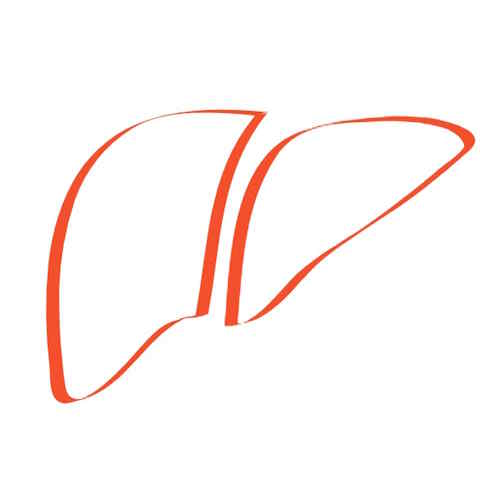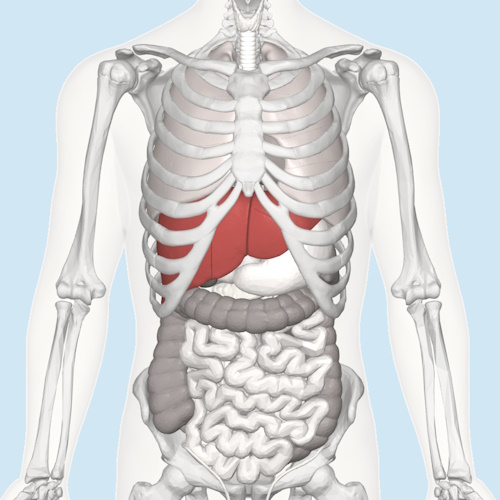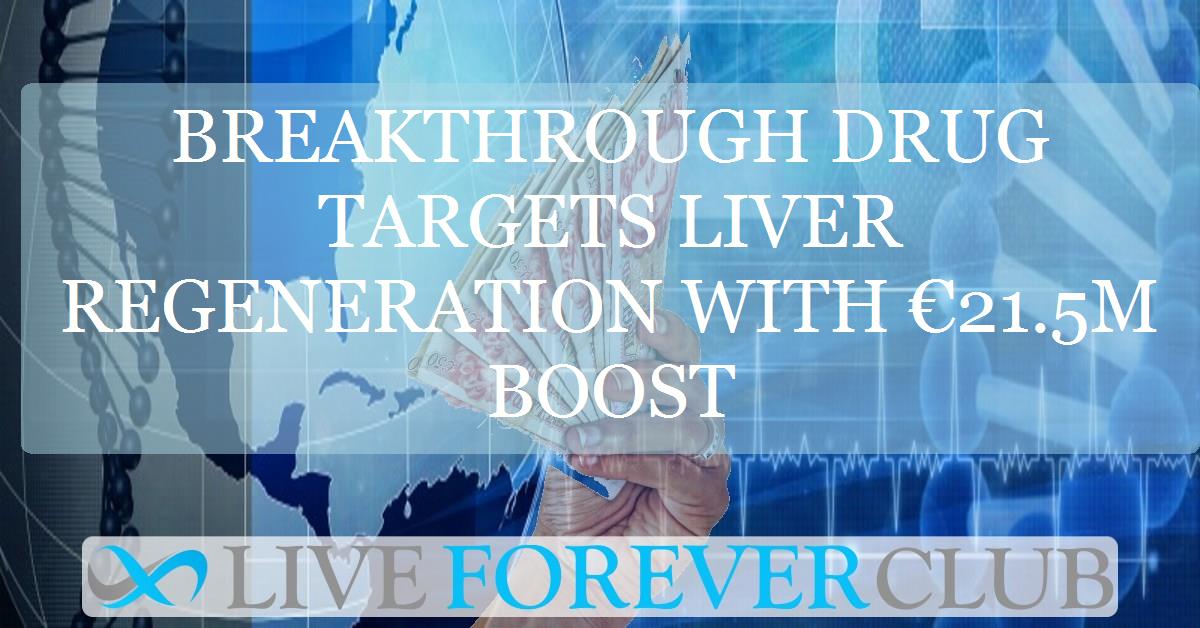Key points from article :
German biotech company HepaRegeniX has raised €21.5 million to accelerate the clinical development of its promising liver regeneration drug, HRX-215. The funds will support the completion of ongoing Phase 1b trials and launch a Phase 2a trial targeting both acute and chronic liver conditions.
At the heart of HepaRegeniX’s strategy is the inhibition of a molecule called MKK4, a key regulator in the liver's ability to regenerate. This approach, originally discovered by Professor Lars Zender and his team at the University Hospital of Tübingen, aims to stimulate liver repair without promoting abnormal cell growth. The drug, HRX-215, is an oral therapy designed to selectively block MKK4, reactivating the regenerative capacity of liver cells (hepatocytes).
In preclinical studies, including high-risk liver resection models in pigs, HRX-215 significantly improved survival rates and boosted tissue regeneration. It also showed the potential to reverse liver damage from fibrosis and fatty liver disease, all while maintaining a strong safety profile—an important milestone confirmed in a Phase 1 trial involving healthy volunteers.
Given the global burden of liver disease and the limited treatment options available, HRX-215 could be a game-changer. It may help patients avoid transplantation, make more people eligible for surgery, and even increase the viability of smaller donor livers. Backed by new investment from Wellington Partners and other major biotech investors, HepaRegeniX is poised to take a big step forward in tackling a pressing global health challenge.








